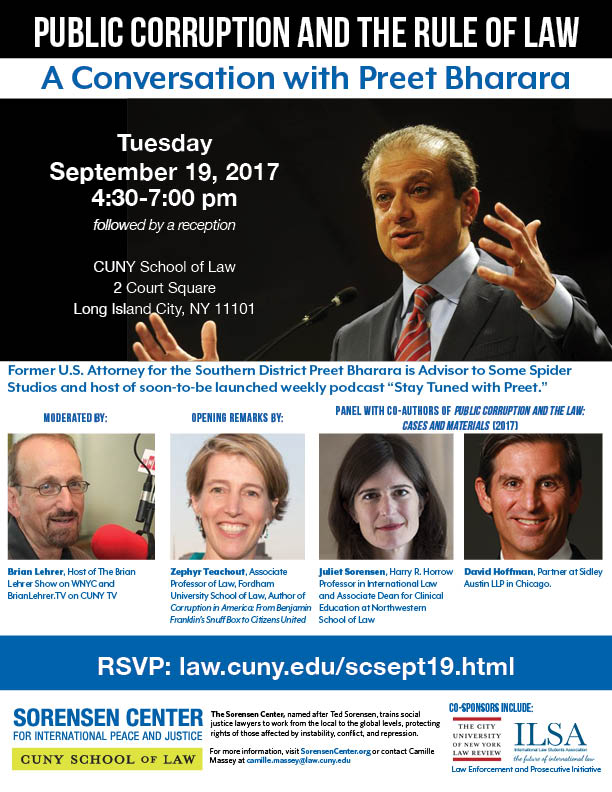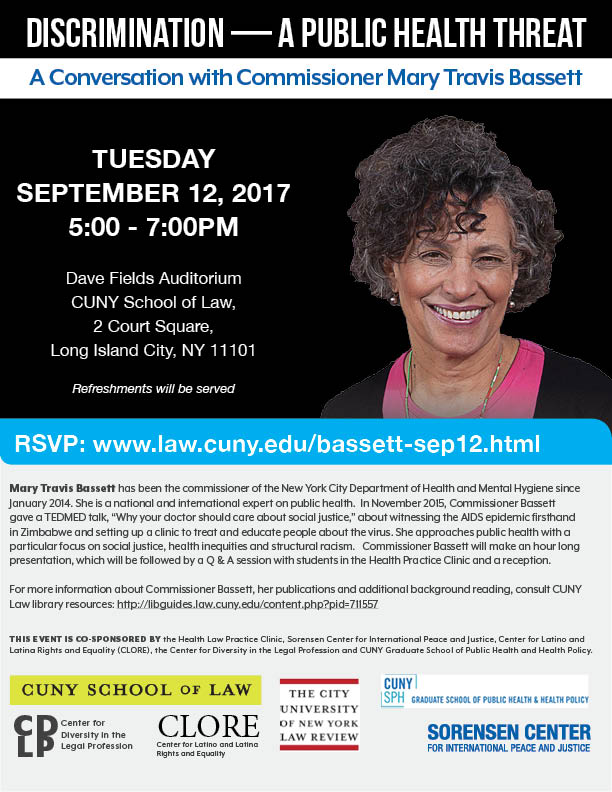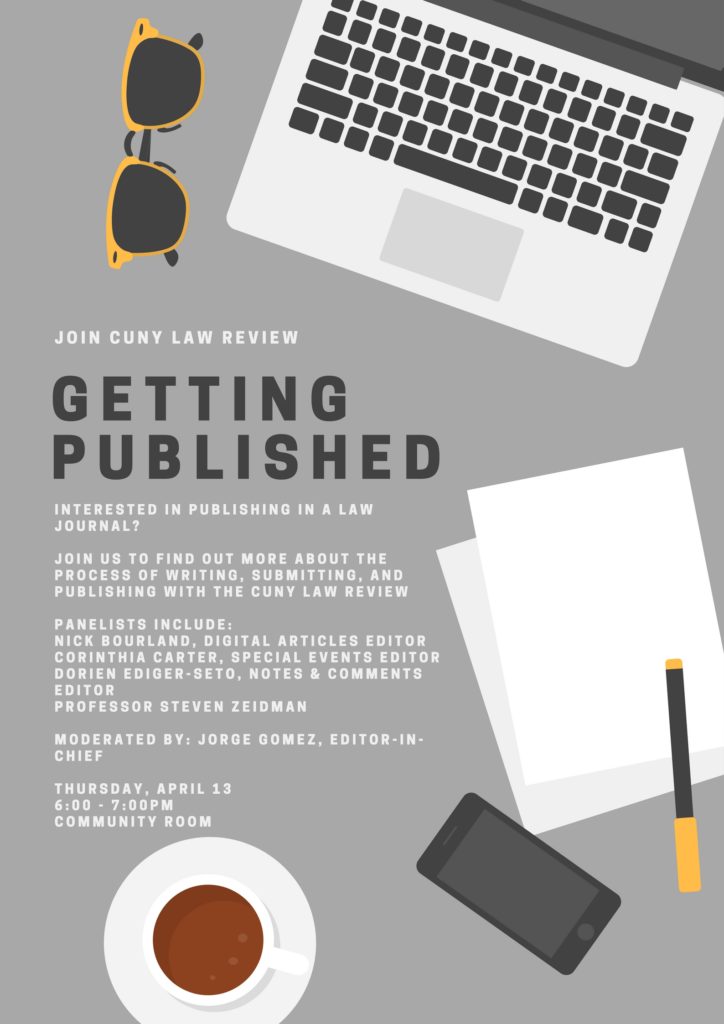Nick Bourland *
Click here for a recommended citation and to download a paginated PDF version of this article.
Introduction
As Justice Kennedy recently noted, “[d]e jure residential segregation by race was declared unconstitutional almost a century ago, but its vestiges remain today, intertwined with the country’s economic and social life.”[1] In order to effectively combat the full range of contemporary housing discrimination, including its more evolved forms, such as predatory lending[2] and discriminatory rezoning plans,[3] plaintiffs must be able to plead Fair Housing Act (“FHA”) claims under the disparate impact theory.[4]
After decades of use nationwide, disparate impact was definitively endorsed by the Supreme Court for FHA claims in 2015.[5] However, the endorsement came with a caveat—a poorly defined “robust causality requirement.”[6] As detailed below, this heightened causation standard haphazardly blurs the line between disparate impact and disparate treatment, leaving plaintiffs’ well-plead FHA claims in jeopardy of dismissal.
Continue reading →




